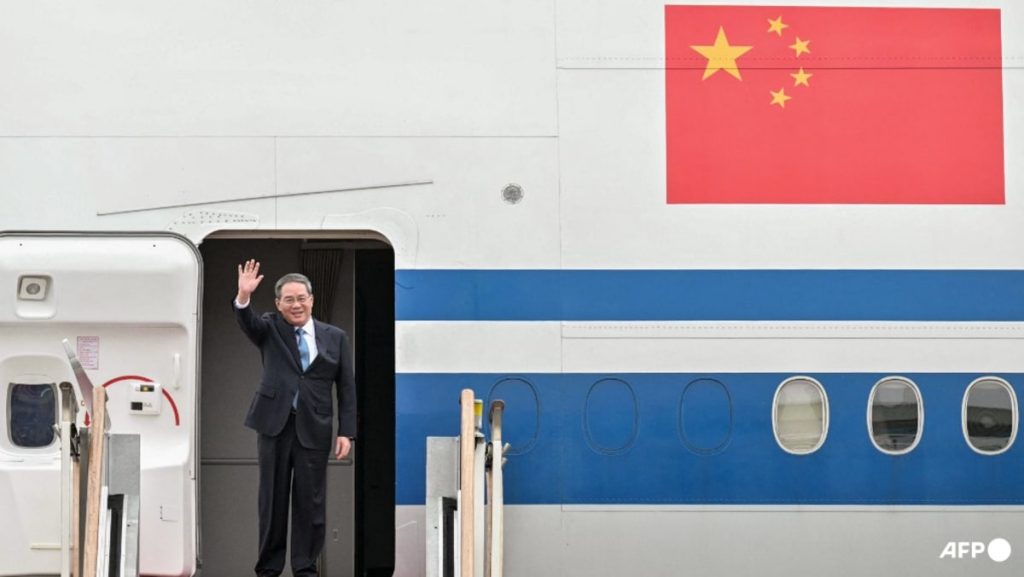Chinese Premier Li Qiang visited Seoul for a trilateral summit with South Korean President Yoon Suk Yeol and Japanese Prime Minister Fumio Kishida, marking the first three-way talks in over four years. Initially agreed upon to hold annual summits to enhance regional cooperation, the initiative has been disrupted by various bilateral disputes and the ongoing COVID-19 pandemic. The last trilateral summit took place in late 2019, highlighting the significance of this meeting.
During the summit, the leaders are expected to adopt a joint statement focusing on six key areas including economy and trade, science and technology, people-to-people exchanges, and health and the ageing population. Bilateral talks between the leaders are also planned, with President Yoon holding discussions with Premier Li and Prime Minister Kishida on Sunday before the main three-way meeting scheduled for Monday. Prime Minister Kishida is also set to discuss important issues such as the Chinese ban on Japanese seafood imports and relations with Taiwan.
Amid efforts to repair strained relations over historical disputes, South Korea and Japan are also enhancing their trilateral security cooperation with the United States in response to the growing rivalry between the US and China. However, China has expressed concern that the US’ attempts to strengthen ties with South Korea and Japan could lead to increased regional tension and confrontation. In addition, both Seoul and Tokyo have issued warnings against any attempts to forcibly alter the status quo in the Taiwan Strait. Despite these challenges, the leaders are optimistic about potential progress in areas like people-to-people exchanges and consular matters.
While a major breakthrough on sensitive issues may not be achieved during the summit, there is hope for progress in practical areas of cooperation such as people-to-people exchanges and consular affairs. Officials and diplomats are optimistic about the potential outcomes of the talks, which could help in building trust and promoting better understanding between the three countries. The summit serves as an opportunity to discuss common challenges and opportunities, contributing to regional stability and prosperity in the face of complex geopolitical dynamics and evolving security concerns in East Asia.
Overall, the trilateral summit represents a significant step towards enhancing regional cooperation and addressing common challenges faced by China, South Korea, and Japan. By focusing on areas of mutual interest and practical cooperation, the leaders aim to strengthen ties and promote stability in the region. Despite existing tensions and historical disputes, the summit provides a platform for dialogue and collaboration, offering hope for improved relations and increased cooperation in the future. As the leaders engage in bilateral and trilateral discussions, they seek to identify areas of synergy and build a foundation for deeper cooperation in the years to come.


